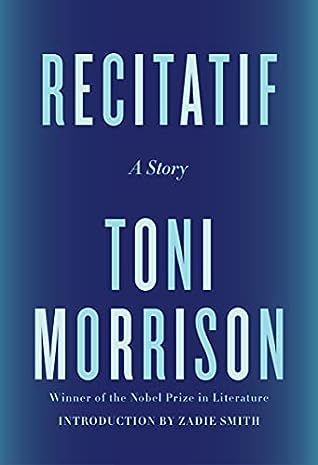More on this book
Community
Kindle Notes & Highlights
But whatever your personal allegiances, when you deliberately turn from any human suffering you make what should be a porous border between “your people” and the rest of humanity into something rigid and deadly.
Like Twyla, Morrison wants us ashamed of how we treat the powerless, even if we, too, feel powerless. And one of the ethical complexities of “Recitatif” is the uncomfortable fact that even as Twyla and Roberta fight to assert their own identities—the fact they are both “somebody”—they simultaneously cast others into the role of nobodies.
Far beneath the “black-white” racial strife of America, there persists a global underclass of Maggies, unseen and unconsidered within the parochial American conversation, the wretched of the earth…
Life is complex, conceptually dominated by binaries but never wholly contained by them.
Racism is a kind of fascism, perhaps the most pernicious and long-lasting. But it is still a man-made structure.
Fascism labors to create the category of the “nobody,” the scapegoat, the sufferer. Morrison repudiated that category as it has applied to black people over centuries, and in doing so strengthened the category of the “somebody” for all of us, whether black or white or neither. Othering whoever has othered us, in reverse, is no liberation—as cathartic as it may feel.[*13] Liberation is liberation: the recognition of somebody in everybody.[*14]
Easy, I thought. Everything is so easy for them. They think they own the world.
Two little girls who knew what nobody else in the world knew—how not to ask questions. How to believe what had to be believed. There was politeness in that reluctance and generosity as well. Is your mother sick too? No, she dances all night. Oh—and an understanding nod.
“Maybe I am different now, Twyla. But you’re not. You’re the same little state kid who kicked a poor old black lady when she was down on the ground. You kicked a black lady and you have the nerve to call me a bigot.”


